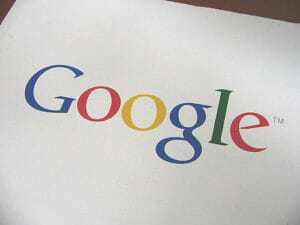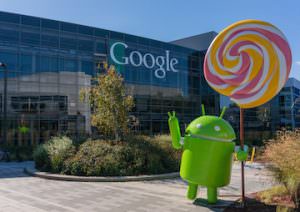Facebook Is In Danger of Becoming Friendster
Facebook unveiled yet another ambitious plan this week, but the social network desperately needs a tuneup.
This week Facebook revealed an ambitious scheme to hijack millions of mobile devices (potentially) through a home-replacement app that will transform innocent Android handsets into Facebook phones.
Considering that Facebook activity already accounts for a lot of what individuals do with their phones, it makes a certain sense. Facebook is hoping that addictive social behavior will appeal to consumers who will have to voluntarily download the software or buy it pre-loaded on a new phone.
With Facebook Home, your lock screen becomes a hub of updates that lets you stay abreast of social activity. Floating portraits and ubiquitous messaging will intrude — politely, one hopes — on other apps, and an attractive and simple launcher will intermingle popular Facebook and regular smartphone functionality.
By freeing its various services from the app ghetto and spreading them around the phone, Facebook is hoping to keep its messaging, photo, location and other features relevant and popular. We’ve gone from using Facebook because it’s cool to using Facebook because we have to, and the company doesn’t want to lose that.
Of course advertising is never far from Facebook’s thoughts. CEO Mark Zuckerberg is quoted by The Verge as saying, “There are no ads in this yet; I’m sure that one day there will be.”
This isn’t Facebook’s first attempt at colonization. This is the company that put a “like” button on other people’s websites (including this one). Facebook has its own freely available comments platform, as well. In an effort to compete simultaneously with online mail platforms such as Gmail and cellular carriers with their text messaging, Facebook revamped its messages functionality to include emails, texts, instant messages and any other medium conducive to babbling.
Facebook felt threatened by Foursquare, so it launched its own check-in platform. Facebook grew covetous of Instagram, and bought it. Facebook keeps growing, expanding, rethinking and building out new services, new platforms, new apps and yet … Facebook desperately needs to get back to basics.
Whether on the Web, Android or the iPhone, Facebook is buggier than ever. Photos and comments fail to load, messages don’t get sent, and, worst of all, lag abounds.
The company could learn a lesson from its own origin story, and not the one told in the movie version of Zuckerberg’s great adventure. Centered around a lawsuit over who “invented” Facebook, “The Social Network” would have you believe Facebook is the original, um, social network. Of course before Facebook was popular, MySpace was popular, and before that we had Friendster.
Both sites were plagued with inadequacies. Both were sluggish, especially Friendster, which often wouldn’t even load. Facebook, by contrast, was simple, clean and exclusive.
I personally convinced a great number of friends to join Facebook on the basis of its stability. Now I have Friendster flashbacks when I click on a notification to see the comment someone left on my photo. What comment? What photo? On my phone a gray cloud descends and leaves me waiting, waiting, waiting until I quit. Now they want my lockscreen, too?
It has been widely reported that Facebook is an attractive destination for Silicon Valley talent. I have read multiple articles about the brilliant engineers who leave Yahoo, Microsoft and even Google to wind up at Mark Zuckerberg’s hacker-friendly citadel. As a Facebook user, I imagine they spend most of their time taking bong rips and reading Reddit. Because this ship feels like it’s sinking.
So while Facebook busies itself thinking about the future, I’m stuck reminiscing about the past. How many times must I click reload? Am I talking about Facebook or Friendster? I can’t remember.
Full disclosure: After its stock tanked, I bought a few Facebook shares on a whim. So let me say this in case it wasn’t clear in the preceding article: I’m not a fan. I think Facebook has serious privacy issues, if nothing else, and I hope it does not profit by my writing, whatever the impact on my retirement.
Your support matters…Independent journalism is under threat and overshadowed by heavily funded mainstream media.
You can help level the playing field. Become a member.
Your tax-deductible contribution keeps us digging beneath the headlines to give you thought-provoking, investigative reporting and analysis that unearths what's really happening- without compromise.
Give today to support our courageous, independent journalists.





You need to be a supporter to comment.
There are currently no responses to this article.
Be the first to respond.